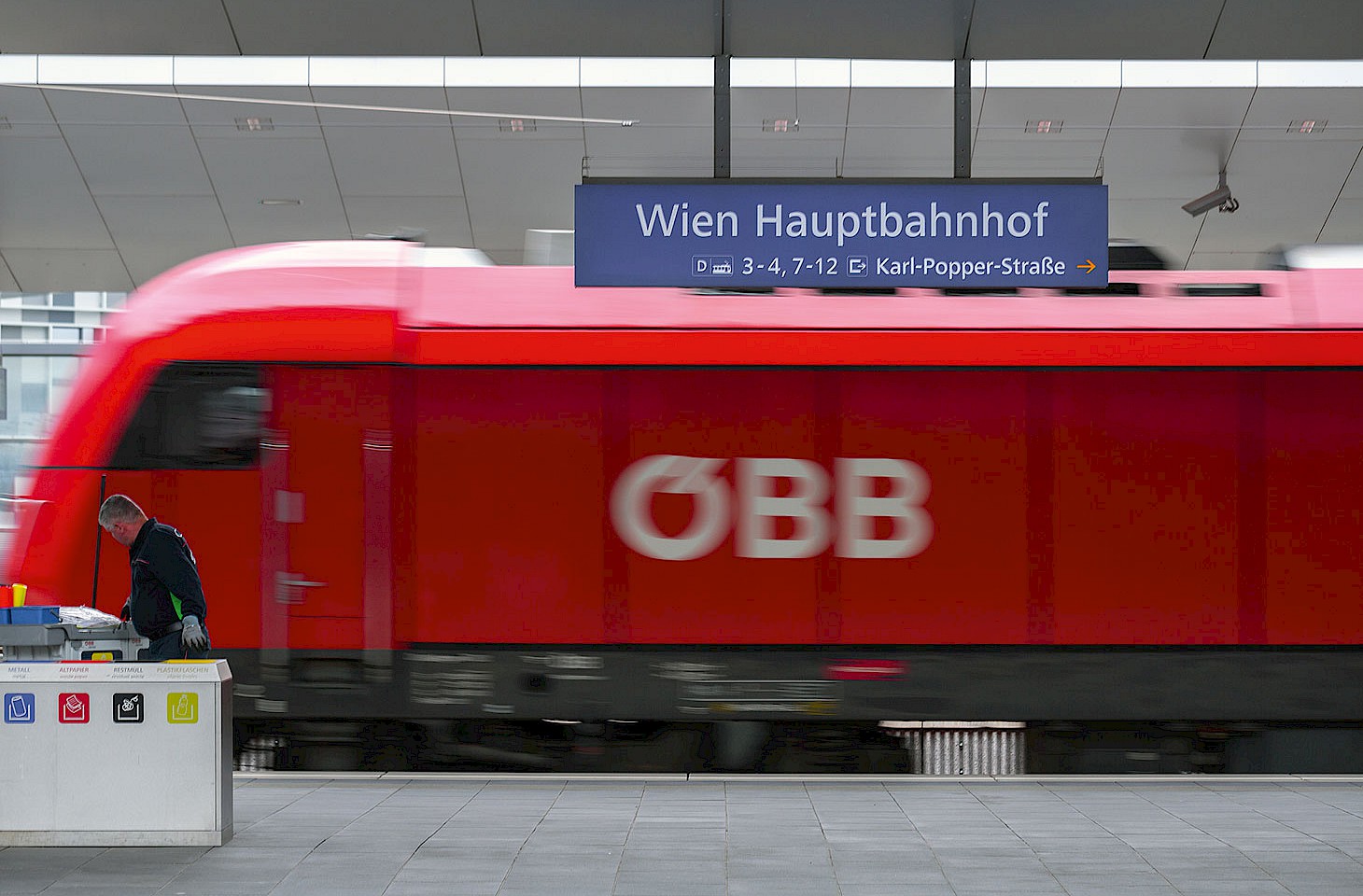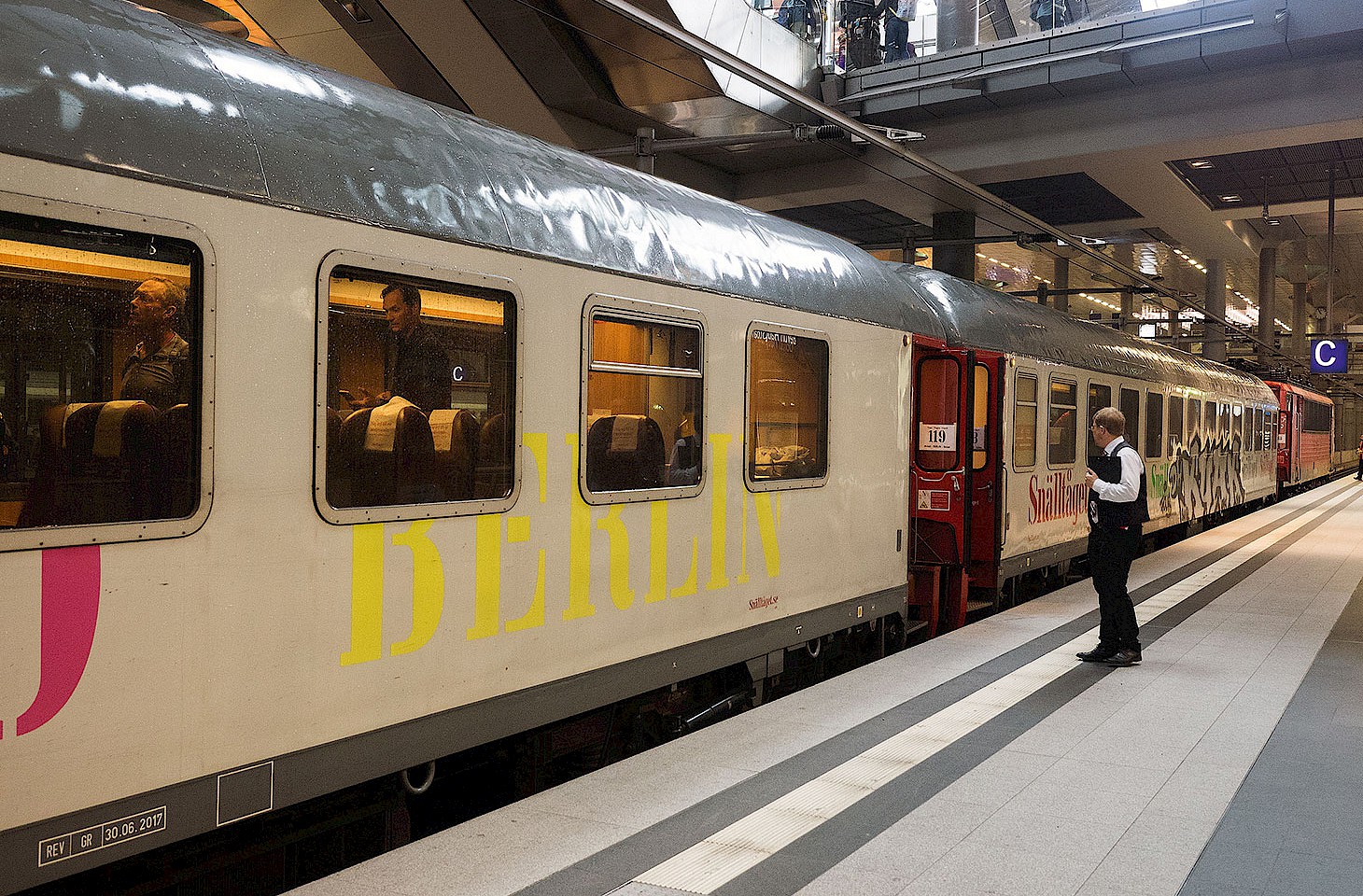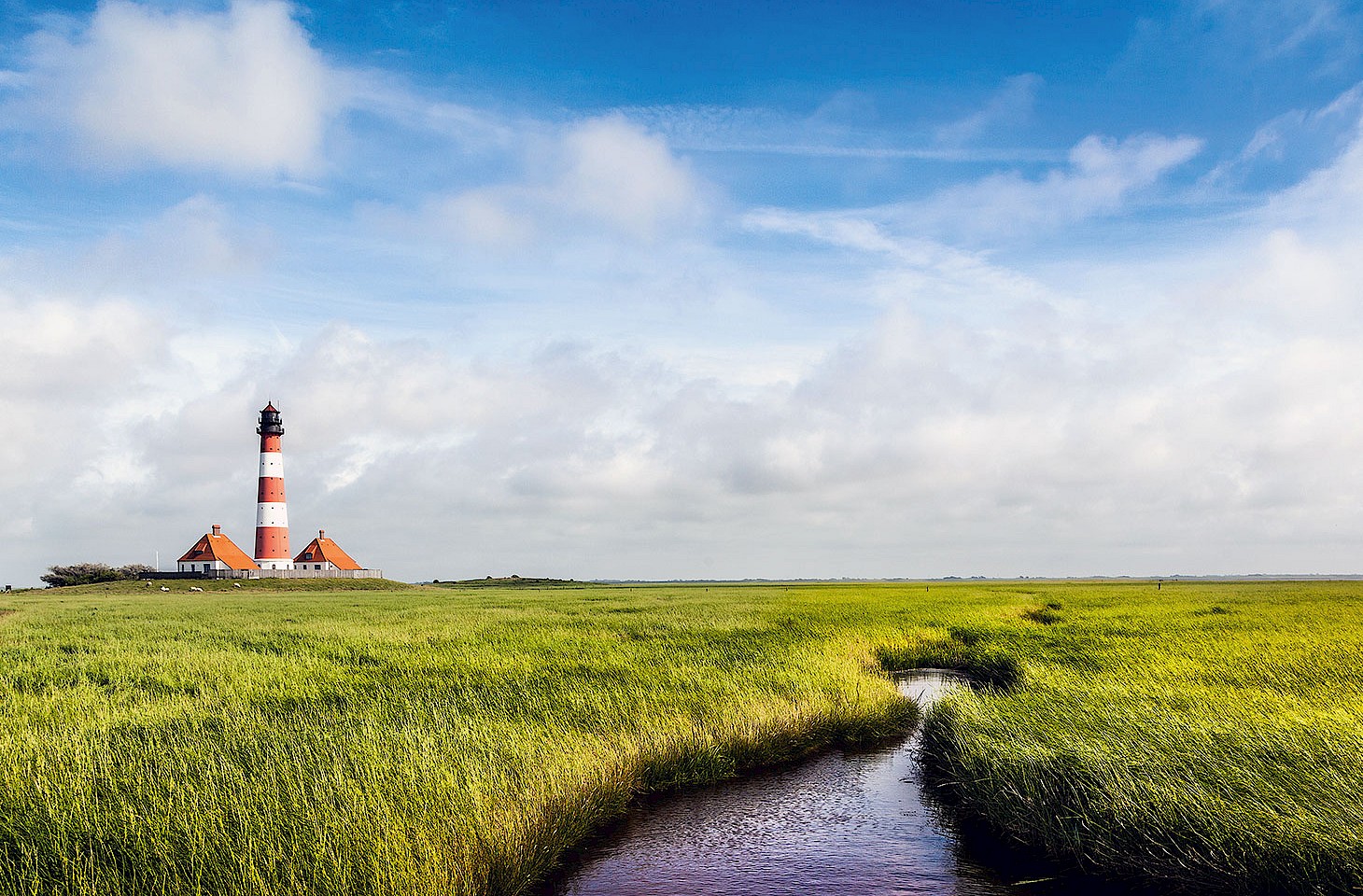hidden europe's home city, Berlin, walks a social tightrope: in part a capital in the chic western European mould and yet still a city with rough edges, an unkempt place that defies the efforts of Germany's Federal Government to make it more respectable. While the tourists rub shoulders with the political élites along the grand boulevard of Unter den Linden and in the contrived elegance of shopping malls that become ever glitzier each year, for the average Berliner life is rather tougher. The Berlin suburb of Marzahn is a place that doesn't figure in the mental maps of the tourists and political élites, even though this high rise jungle of apartment blocks from the late seventies and early eighties is less than thirty minutes by train from the city centre. Marzahn is home to not just many thousands of poorer Germans but also to a good chunk of the city's Russian community. These are the dispossessed, the ones who live in blighted space and give the lie to the misconception, common among Germans, that migrants from Russia are all ridiculously affluent. The fur coat and caviar image is a tad removed from the reality of everyday Marzahn.
hidden europe 7
In the ghetto
by Nicky Gardner
Summary
on the margins of Berlin, several thousand Russlanddeutsche (Russian-Germans), migrants who arrived in Germany in the mid 1990s, live as an underclass
The hidden europe award for ingenuity in creating new European rail travel opportunities is awarded to Austria's state rail operator, Österreichische Bundesbahnen (ÖBB). We look at what ÖBB will offer anew for 2020, and examine too what's new on the rails in Russia, Germany and elsewhere across Europe.
As winter slipped slowly into spring in 1917, Lenin passed through Berlin on his journey back to Russia from Switzerland. His onward route from Berlin took him by train to Sassnitz, then on by ferry to Trelleborg in Sweden. These days it's still possible to follow the route taken by Lenin, using the occasional direct trains from Berlin to Sweden.
Within just a few centuries, the geography of the Frisian region has been reshaped by storms and tides. Paul Scraton is a regular writer for hidden europe; here he explores Germany’s Wadden Sea coastline. It’s a tale that shows the power of the sea.




